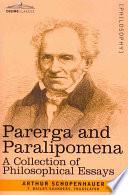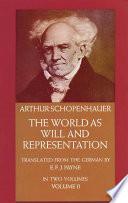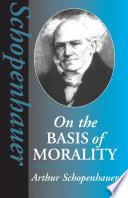Explore the deep wisdom of Arthur Schopenhauer through his thought-provoking quotes on talent, solitude, compassion, and the pursuit of truth. Dive into his philosophy and gain insights into human existence.
Arthur Schopenhauer was a German philosopher known for his work "The World as Will and Representation." He developed an atheistic metaphysical and ethical system that rejected German idealism. Schopenhauer incorporated aspects of Indian philosophy into his own, such as asceticism and the denial of self. While his work did not gain significant attention during his lifetime, it had a posthumous impact on various disciplines and influenced many thinkers and artists.
Schopenhauer was born on 22 February 1788 in Danzig, Germany. His parents were not very religious, and his father supported the French Revolution. After his father's death, Schopenhauer showed similar moodiness and struggled with anxiety and depression throughout his life. Despite these challenges, he excelled academically and invested his inheritance conservatively. He studied at various universities, including Göttingen and Berlin, before dropping out of academia due to lack of interest from students. Schopenhauer traveled extensively throughout Europe, spending time in Italy among other places. During this time, he continued writing and refining his philosophical ideas.
In later years, Schopenhauer gained some recognition with the publication of "Parerga and Paralipomena." However, academic philosophers did not take his philosophy seriously. Nevertheless, he continued writing until his death in 1860 at the age of 72. Despite feeling isolated due to his introverted nature, Schopenhauer maintained a lucid mind until the end. His legacy lives on through the influence he had on numerous thinkers in philosophy, literature, and science.
✵
22. February 1788 – 21. September 1860




